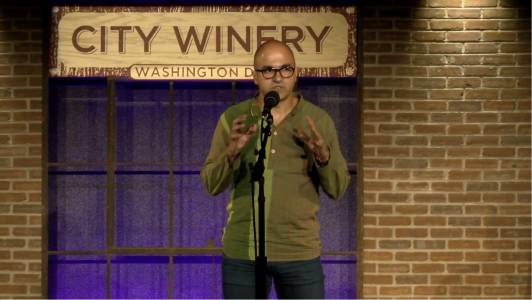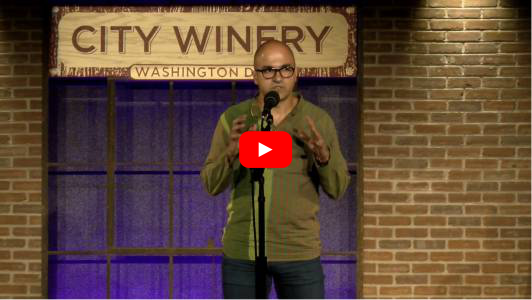When I was little, we were trained to keep our family mystery a serious secret. We learned and practiced changing the topic of discussion when people would ask us about our mom. We learned how to not tell the truth, and avoid telling a lie at the same time. So even after three decades, most of our close friends still don’t know that our mother was in prison for five years. Keeping this secret wasn’t fun. It also wasn’t a choice. We were protecting ourselves and our mother while we remained silent. To understand this, you need to imagine a child of undocumented immigrant parents. Breaking a silence about their situation could mean being separated forever.
To be sure, all of us could keep our secret secure for a long time if we had a well-designed educational program. However, we didn’t have time to be cool like Starbucks’ managers, spending months preparing a plan and consulting with professionals on how to run a program, sitting in a comfortable chair, watching a video, and then talking about keeping our secret.
One day as a 9-year-old child, I was playing with my dearest playmate. After he left my room, my brother invited me to his room. I assumed there would be a serious conversation because, in general, not only was I never invited to his room, but I would be punished if I entered his private space. This time, he clearly wanted to tell me what words I couldn’t use while I’m talking with a stranger. The root of what he told me, which is still with me, was “everybody around you is a stranger.”
We’ve trained carefully, so, we no longer think about it. Even after my mom come back from prison, those five years remained a mystery. When I was in my mid 20s and would start to talk about my childhood experience of having mother in prison, I would choose an anonymous name, “Prisoner Number 0,” and I only published my stories with approval of my coach, my big brother. As I would write stories, I would hide my identity. One day in 2012, I was in the US and felt safe enough to talk honestly with a new friend and tell her I had the same parental incarceration experience that she had. She got excited and shared an idea with me: Let’s find others who had the same experience and are willing to share their stories. Then she paused and tried to remember a name of a person who she believed had been writing his or her stories online. I got excited and nervous because for more than a decade, I thought I was the only Iranian who had shared, even if anonymously, his childhood experience of having parent in prison. After a while, my friend said, “I don’t know his or her name, but I’m sure the stories were published under name of Prisoner Number 0.”
As an immigrant with parental incarceration experience, I chose to work as an advocate for children with incarcerated parents. My story was a powerful tool for me. I decided to publish my book as a memoir. I spent 3 months selecting a format, and more than 6 months writing a first draft. While I was working on my book, I talked about it briefly with my mom, who had immigrated to the US before me. She showed no interest in hearing more. But I kept talking about it with her. In time, I delivered the big news to her:
“Hey mom, you know that I’m working on my book, my story and it’s ready to be published.”
“Do you want to publish it for the public?” she asked? It was the longest response I had received from her about my book.
“Yes,” I said. And I was ready to continue talking about my book-its format, its story, and the story behind it. She said, “Do you want to publish it under your own, real name?”
Something in my head said, “Daa! Which name do you want me to choose?!”
But I didn’t say that aloud because I understood her feelings. I used to choose not to talk about my experience because it wasn’t just my story–it was our story, our mystery, our secret. My mom is not the only person who did not want me to publish my memoir; my older sister also did not want me to publish it. She loved the book itself, but she still blames me for publishing it under my own name. As an advocate, however, I could no longer hide behind a different identity. I chose to make my book public because it’s not just my story or my family’s story. It’s the story of children around the world who experience parental incarceration. I want to provide a way for their voices to be heard. My own experience is no longer a secret I want to keep.

